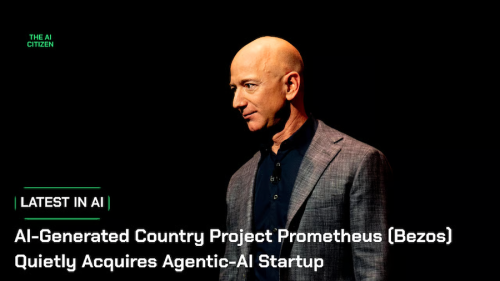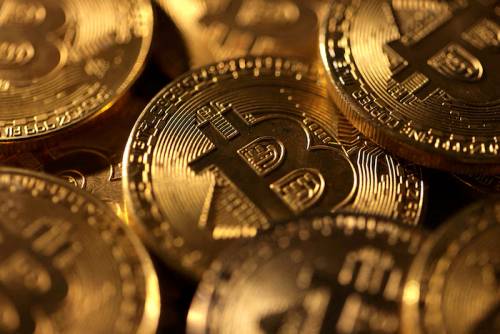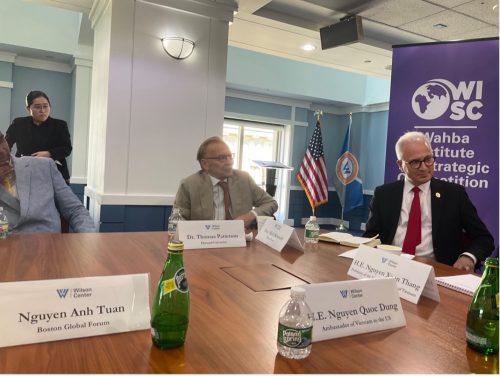Nationally-known sex offender Jeffrey Epstein’s ties to MIT, Harvard, and numerous institutions and scientists are no longer a secret. But a deeper problem started to surface. As universities are increasingly turning to wealthy donors for research funding, we face several dilemmas when it comes to the ethics of funding. As discussed in a recent article of MIT Technology Review, if such a university “wanted to institute a clear ethical policy, henceforth and forever more, on what kinds of money it was and was not okay to take. What might that policy look like?”
The response is not clear. MIT refused to cut its funding ties with Saudi Arabia after the country’s leaders allegedly ordered the assassination of journalist Jamal Khashoggi. In contrast, the world-famous museums Guggenheim and the Louvre have begun to turn down money from the Sacklers, the family behind the manufacturing of the painkiller blamed for worsening the US’s opioid crisis. Or speaking of China, a country known for anti-democracy policies and human-right violations, should US universities keep taking money from its government-sponsored companies such as Huawei, as asked by Nicholas Negroponte, a co-founder of MIT Media Lab.
So we need to think about the following questions: what is the difference between bad money and money from bad people, how to measure harm, what makes the money dirty, can bad money be used for good purposes, when is anonymous donation acceptable, can dirty money be acceptable again if the donors are punished, and how far back does the reckoning need to go?
Next steps? See the full MIT Technology article for some suggestions. The AIWS’s viewpoint on this issue is clear. We need a policy framework to raise the standards for philanthropy ethics, which is not only about the missions and goals of the institution receiving the money, but also how it affects the broader society as a whole.










